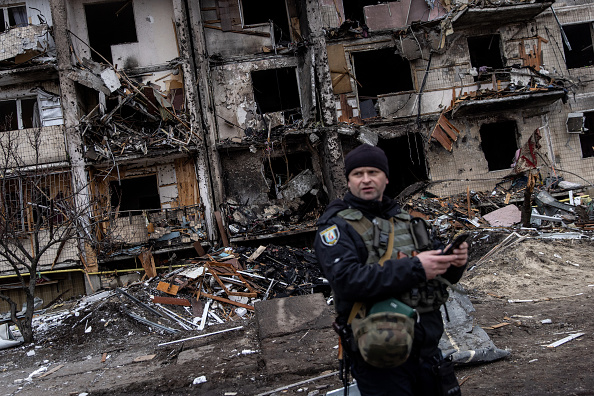Wikipedia pushes back against Moscow content bans about Ukraine invasion

The Wikipedia owner has filed an appeal against a Moscow court decision, which demanded that it remove information relating to the Russian invasion of Ukraine.
It comes after The Wikimedia Foundation was fined 5 million roubles (£71,000) for refusing to remove “disinformation” from Russian-language Wikipedia articles and delete banned information.
“This decision implies that well-sourced, verified knowledge on Wikipedia that is inconsistent with Russian government accounts constitutes disinformation,” Stephen LaPorte, Associate General Counsel at the Wikimedia Foundation, said in a statement.
“We urge the court to reconsider in favour of everyone’s rights to knowledge access and free expression”, he added.
However, it’s not just Wikipedia that has faced Russian content regulation fines.
Russia’s communications watchdog has come after Google in the last few months for its failure to remove YouTube content that Moscow deems illegal.
Back in April, the tech giant was fined 11 million roubles (£157,000) for distributing “fake” news YouTube videos produced by Ukrainian far-right groups.
Moscow has been cracking down on foreign tech firms and media for trying to influence information flows in Russia; Meta’s platforms Facebook and Instagram have both been blocked in the country.
Meta has taken a relatively strong approach when it comes to communication in Russia.
The social media giant said in early March that it would temporarily allow some posts on Facebook and Instagram that called for the death of Russian President Vladimir Putin or Belarusian President Alexander Lukashenk: broadening its usual hate speech remits.
Meta said that the temporary change in its hate speech policy applied only to Ukraine, and would allow social media users to air their opposition to Russia’s invasion.
Russian courts subsequently deemed Meta an “extremist organisation”.